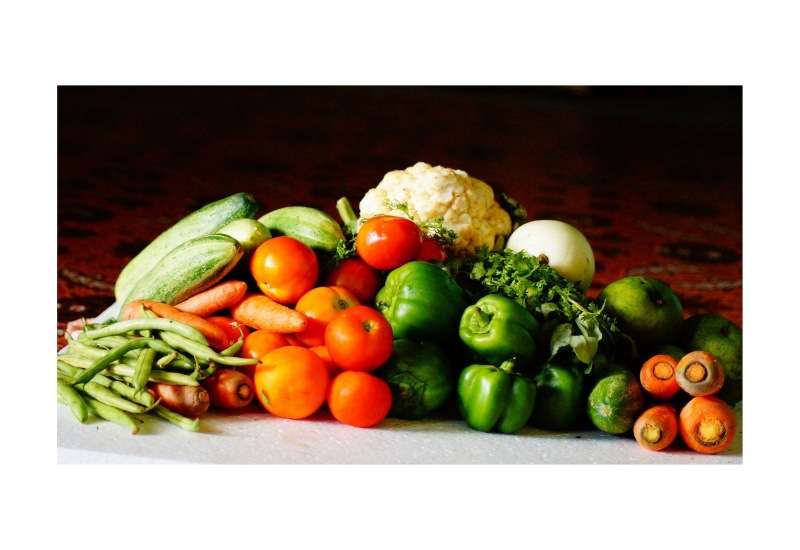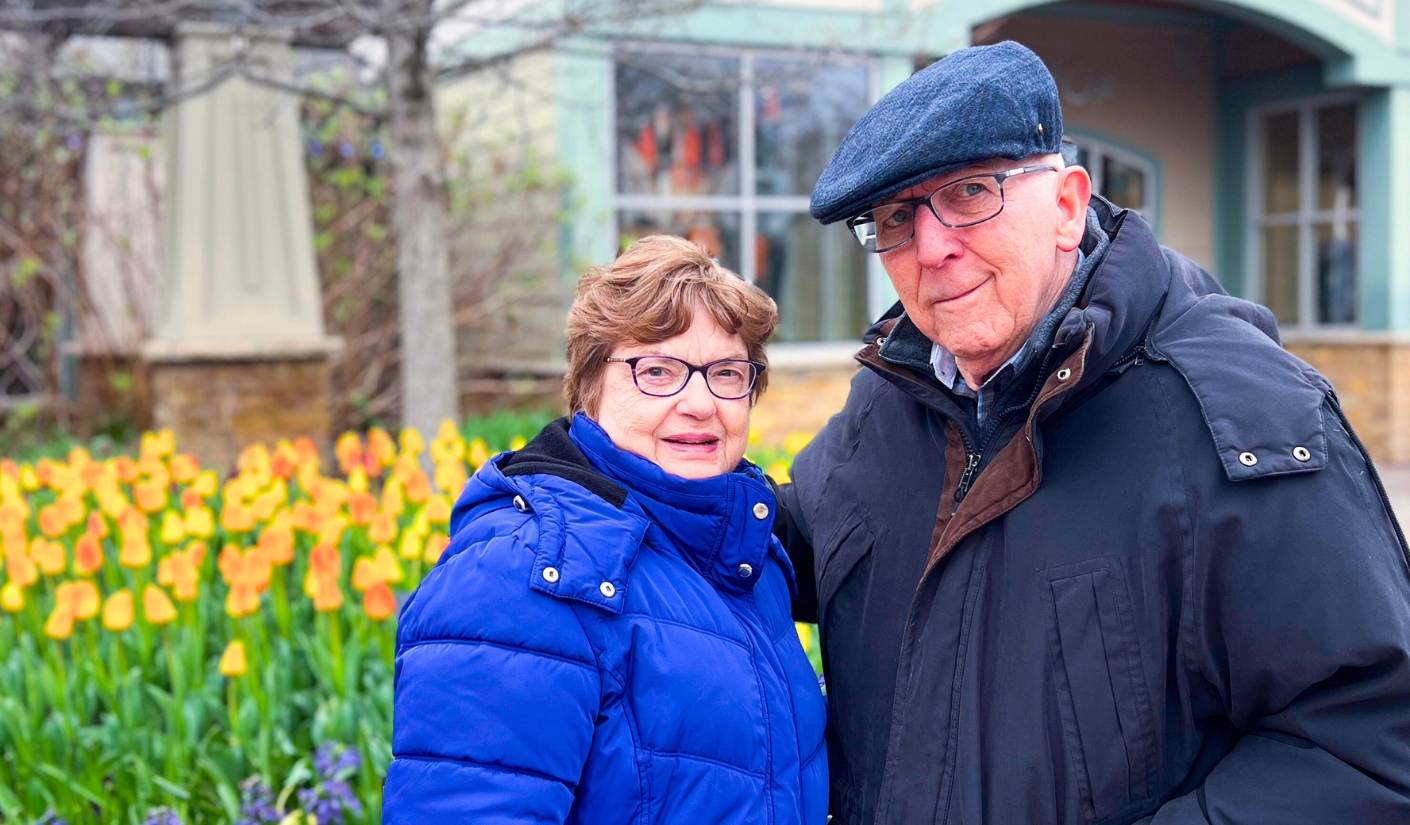Eating the right types of food can play an important role in healthy aging. However, proper nutrition can look differently as we age. Some older adults tend to lose muscle mass, making it important to consume higher amounts of protein, while others may find their bodies absorb certain nutrients at a slower rate. Eating what is right for our aging bodies can help us stay energized, maintain a healthy weight, lower the risk of developing chronic illnesses such as diabetes, high blood pressure and heart disease. In addition, maintaining a healthy diet can also extend your quality of life and promote longevity. The first step to eating right is to learn about the ways age can affect our appetite.
How Aging Affects the Appetite
Medical issues and normal changes that come with aging can interfere with nutrition for older adults. It’s important to be able to recognize and identify these issues in order to address them in a timely manner. According to the National Institutes of Health, here are a few of the most common dietary changes older adults may experience:
- Taste Disorders. Taste disorders can cause older adults to lose their appetites. As we age, it’s common to lose taste buds, causing food to taste differently than it did before. While it can be tempting to add sugar and salt to enhance the flavor of food, it’s recommended to flavor with herbs and spices instead.
- Medications. Certain medications can affect how food tastes, which can cause a change in appetite. Medications can also interfere with how our bodies are able to absorb nutrients. If you’re taking a medication, you might consider asking your healthcare provider if there are any changes you need to make to your diet.
- Oral Health. Problems with your teeth, such as loose fillings, uncomfortable dentures or missing teeth can make eating a painful experience. If you have any discomfort while eating, you might consider speaking with your dentist. Softer foods, such as soups and smoothies, can provide nutrients while also reducing the feeling of pain while eating.
Tips for Cooking for One or Two People
If you are used to cooking for a large family, learning how to prepare enough food just for yourself without wasting can be difficult. However, this doesn’t mean you have to forego cooking healthy meals completely. Instead of settling for frozen dinners or take-out, you might consider the following cooking tips provided by the Mayo Clinic:
Make a plan
You’re less likely to waste food when you plan out all of your meals in advance. Try jotting down meal ideas for the week and preparing a shopping list. This way, you’ll have everything on-hand when you are ready to cook your meal.
Stock your pantry
Having healthy food options on hand will make cooking and preparing food feel much easier. Keeping canned vegetables, beans and fruits stocked in your pantry will make fixing a healthy meal possible at any time. You may consider purchasing whole grain foods such as brown rice, quinoa, barley and pasta to make meals more satisfying.
Take advantage of your freezer
Buying foods in bulk can help keep your grocery costs down. You can always store extra ingredients in the freezer to keep them fresh for longer. You can freeze many foods including bread, meats, fruits, vegetables, whole grains, nuts and seeds. Freezing is a great way to prevent food waste. Always make sure to write the date on whatever foods you are freezing.
Prepare one-dish meals
Dishes that serve as a whole meal are great options for those cooking just for themselves or one other person. These dishes usually include items from different food groups such as meats, whole grains, legumes and vegetables. One-dish meals might come in the form of stews, casseroles or chili. While one-dish meals might produce a lot of food, most make excellent freezer meals.
Cook once, but use twice
Plan your meals so that you can freeze extra into individual servings or eat throughout the week. For example, if you roast a chicken for dinner one night, you can use leftovers to make chicken soup or chicken salad and eat that for several meals.
Prioritize convenience
We all have days where we feel under the weather or run out of time to prepare a healthy meal. It’s best to plan ahead for these days! Low sodium canned soups and healthy frozen meals make great options for times like these.
Healthy Recipe Ideas for One
If you’re having trouble finding inspiration for your next meal, look no further. BBC Good Food has compiled a variety of recipes that are specifically designed to feed one person, but can be adapted to feed more. Here’s one to get you started:
Chicken Breast with Avocado Salad
Ingredients
- 1 skinless chicken breast
- 2 tsp olive oil
- 1 tsp smoked paprika
For the salad:
- ½ small avocado, diced
- 1 tsp red wine vinegar
- 1 tbsp flat leaf parsley, chopped
- 1 medium tomato, chopped
- Half small red onion, thinly sliced
Step one:
In a skillet, heat 1 tsp of oil over medium heat. Rub chicken with paprika. Cook chicken on 4-5 minutes each side until cooked through.
Step two:
Mix the salad ingredients together, season and add the rest of the oil. Thickly slice the chicken and serve with salad.







